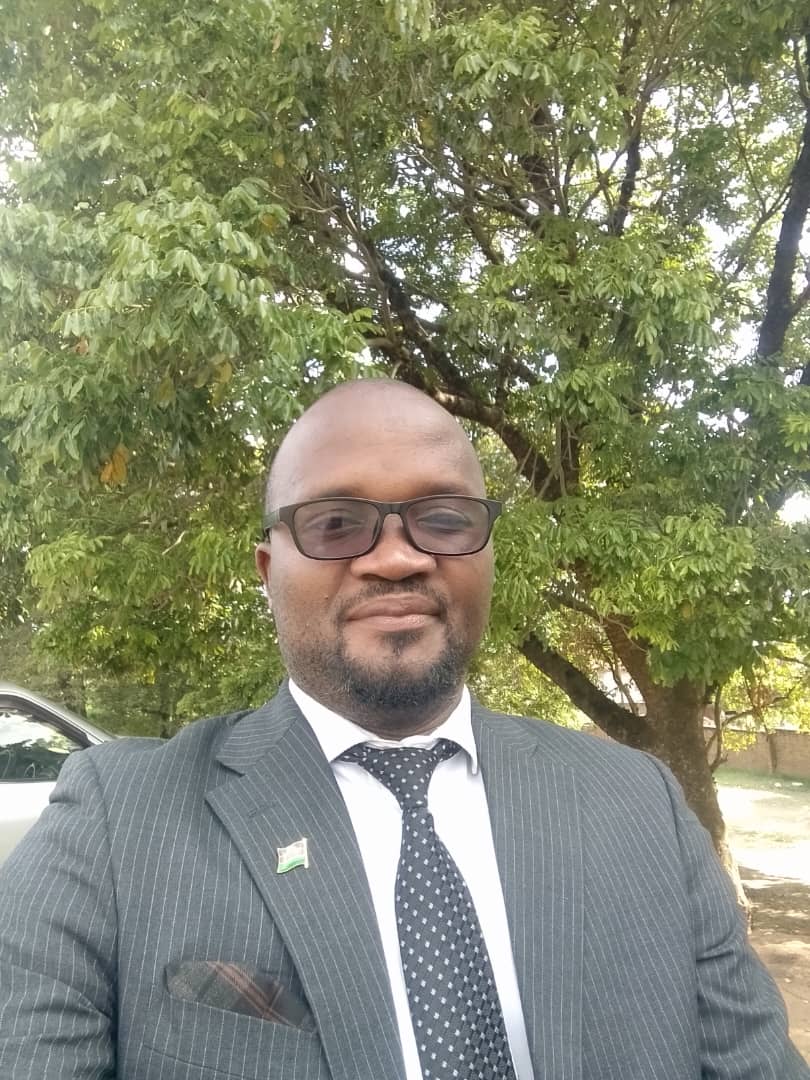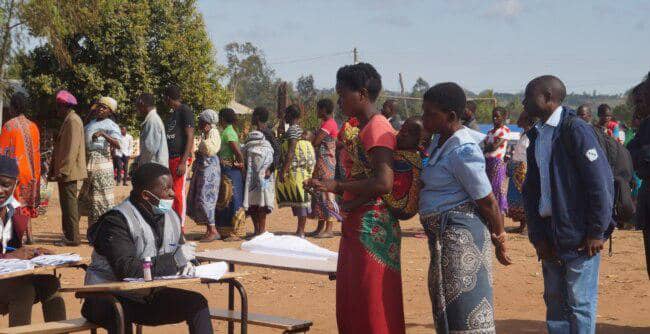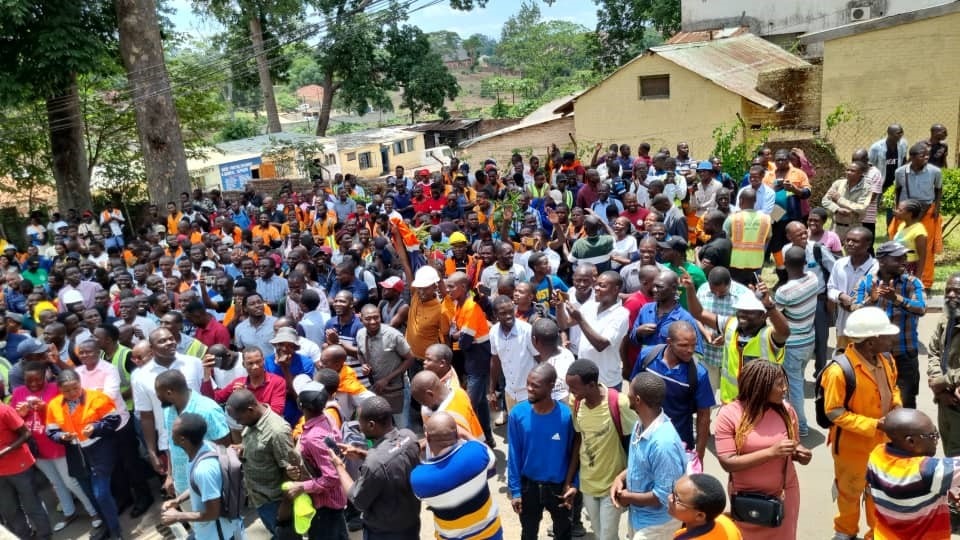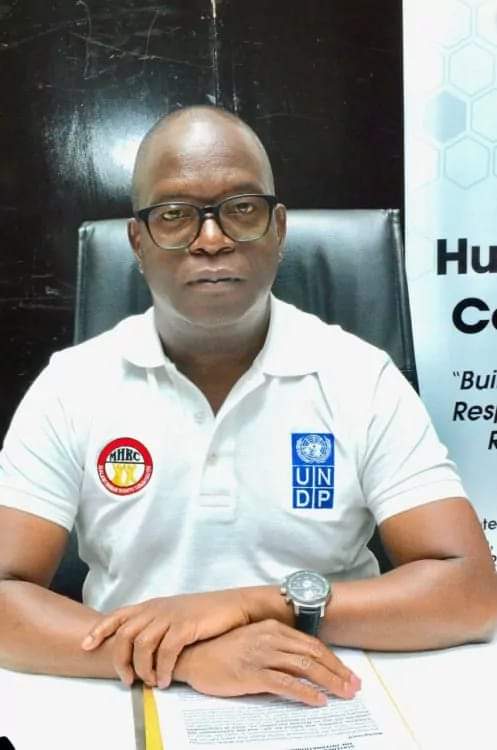By Burnett Munthali January 2, 2024
The recent cabinet reshuffle by President Lazarus Chakwera has been met with sharp criticism from various quarters, including the Concerned Citizens of Malawi, led by Comrade Edwards Kambanje. Speaking candidly, Kambanje did not mince words, describing the new appointments as a missed opportunity for meaningful reform and a betrayal of Malawians’ trust.
“This is merely a rotation of the same old faces who have repeatedly failed to deliver,” Kambanje declared. “The President has once again prioritized political patronage over national interest. Instead of a lean cabinet, which he promised, we now have a bloated one that will only increase government expenditure.”
Kambanje pointed to what he called “overlapping portfolios” as evidence of poor governance. “How can we afford to have separate ministries for natural resources, water, energy, and mining in a struggling economy like ours? These could easily have been merged into one,” he said.
The introduction of two education ministries—one for higher education and another for basic and secondary education—was also highlighted as unnecessary. “This redundancy in governance is a clear example of wastefulness. Malawi cannot afford such inefficiencies in these hard economic times.”
The Concerned Citizens of Malawi also accused President Chakwera of using the reshuffle to appease allies and rehabilitate tarnished reputations. Kambanje cited the reappointment of Ken Zikhale Ng’oma to a new ministry, labeling it an attempt to “save his image” rather than an effort to serve the public.
“What Malawians need right now is a team of experts, not political hand-clappers,” he said. “This cabinet reshuffle is a testament to the leadership’s inability to prioritize the country’s needs.”
Kambanje argued that Malawi’s Constitution should be amended to prevent presidents from creating ministries arbitrarily without considering the economic implications. “The power to create ministries as one wishes must be curtailed. We cannot let this reckless pattern continue while the majority of Malawians struggle to survive in a crippled economy.”
Kambanje did not hold back in calling for an end to President Chakwera’s leadership. “This is the worst president Malawi has ever had,” he stated bluntly. “He is not patriotic; he thinks only about himself and those around him. This coming September, we must vote him out. Malawi needs serious leadership—now more than ever.”
As the dust settles on the new cabinet, the concerns raised by Kambanje and others highlight a growing frustration among Malawians. The question remains: will the President take these criticisms seriously and implement reforms, or will the citizens take matters into their own hands at the ballot box?
Malawi stands at a crossroads, and the decisions made in the coming months will determine its future.




